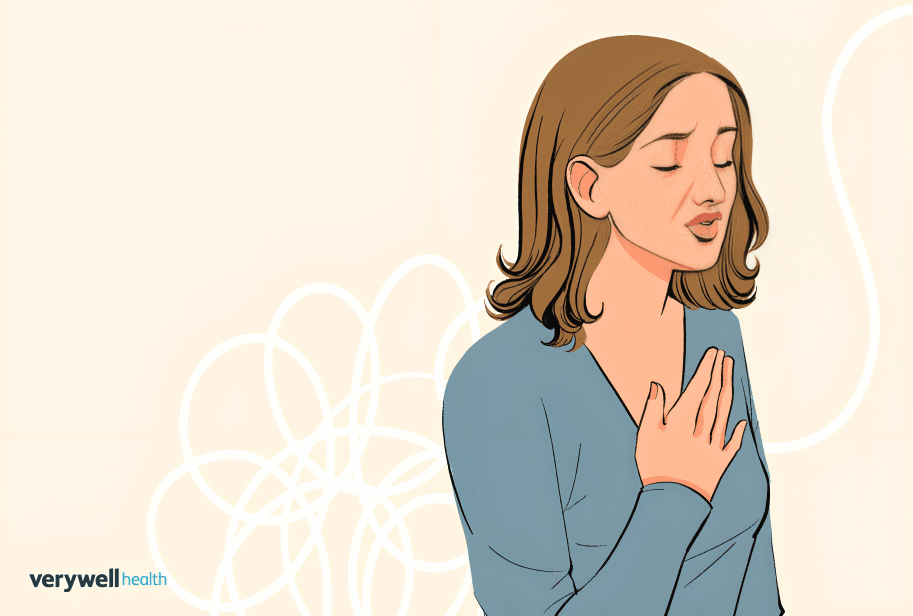
“
Many people wonder how therapy can help with anxiety and depression when life feels overwhelming. Whether it’s stress, racing thoughts, or deep sadness, therapy offers structured guidance, a safe space to explore emotions, and proven methods to regain control. 1
1
”
Therapy offers a safe, supportive space to explore the roots of anxiety and depression, helping individuals gain self-understanding, feel heard, and begin the path to healing.1
Talking to a trained therapist provides emotional release and relief, reducing the weight of bottled-up emotions. Feeling heard and validated in therapy can ease the loneliness often felt in depression.2
Therapy can rebuild self-esteem by helping individuals recognize their inner strengths, values, and accomplishments. As self-worth grows, motivation rises, boosting mood and strengthening identity. 3

Therapists help clients set realistic, achievable goals that promote a sense of direction and purpose. Progress toward these goals can create feelings of accomplishment, which help shift the focus away from fear or sadness.
Cognitive behavioral therapy (CBT) is a proven method in therapy that helps people reframe irrational thoughts and challenge mental distortions. This approach is especially effective for anxiety disorders. 4
Exposure therapy is often used to treat anxiety by gradually helping clients face their fears in a controlled way. Over time, this reduces avoidance behaviors and builds confidence in dealing with stressful situations. 5
Interpersonal therapy helps people improve their relationships by addressing unresolved conflicts and communication issues. Strengthening social connections can significantly ease symptoms of both anxiety and depression. 6
Therapy often addresses unhealthy sleep habits and thoughts that disturb rest. Better sleep hygiene, relaxation techniques, and anxiety reduction strategies can help restore a restful sleep routine. 7
Mental health therapy can reduce the physical toll of chronic stress, such as muscle pain, fatigue, or high blood pressure. As the mind heals through therapy, the body often follows, leading to overall wellness. 8

People suffering from panic attacks often find relief through therapy, which teaches calming techniques and helps identify early signs of an attack. This reduces fear of future episodes and promotes self-trust.
Therapy promotes critical thinking and effective problem-solving, which are often diminished by depression. Regaining these abilities helps individuals feel more in control and capable in daily life. 9
Behavioral therapy helps people spot actions that worsen their mental health, like isolation or avoidance, and replace them with healthier habits. These small changes can gradually rebuild emotional stability. 10
Group therapy offers a sense of belonging through shared experiences, which helps reduce isolation. Listening to others’ struggles and successes can normalize your own emotions and inspire hope. 11

Art therapy and other creative therapies allow people to express emotions without relying solely on words. This is especially helpful for those who struggle to explain their anxiety or depression verbally.
Self-awareness grows during therapy as clients learn to recognize emotional triggers and patterns. This awareness helps them respond thoughtfully instead of reacting impulsively or negatively. 12
Family therapy creates a more understanding and supportive home environment. Educating loved ones about anxiety and depression can ease communication and reduce misunderstandings. 13

Therapists often coordinate with doctors, psychiatrists, and other care providers. This team approach ensures that each part of the person’s well-being—mental, physical, and emotional—is being addressed.
Therapy encourages people to build healthy routines that promote consistency, such as regular exercise, sleep, and self-care. These routines are powerful tools in stabilizing mood and reducing anxiety. 14
As clients progress in therapy, they often report feeling more resilient and emotionally strong. This means they’re better equipped to handle future stress and setbacks with confidence. 15
Therapy can lead to a deeper sense of purpose, helping people reconnect with their values, passions, and goals. This renewed direction brings hope and motivation for long-term well-being. 16


